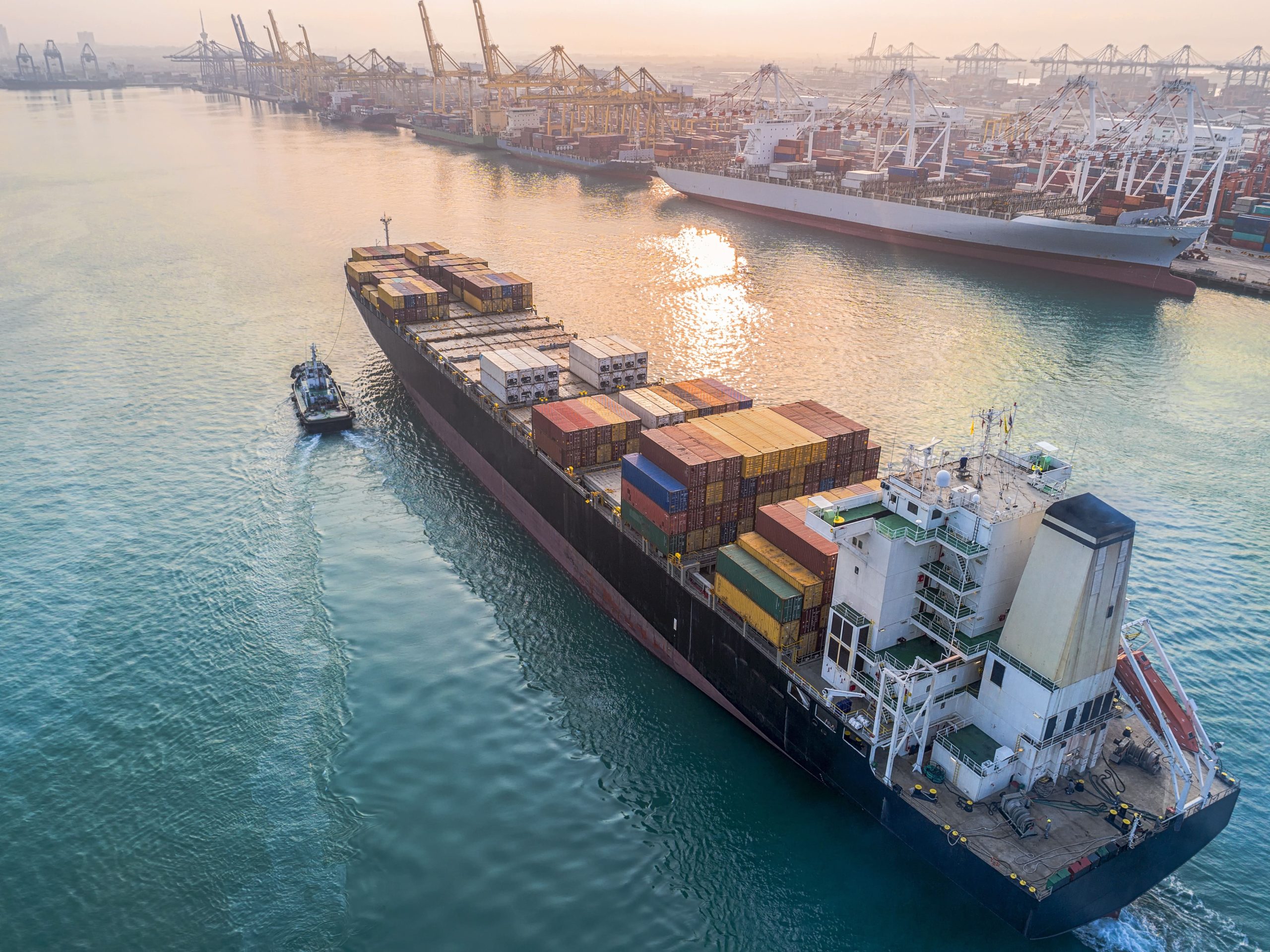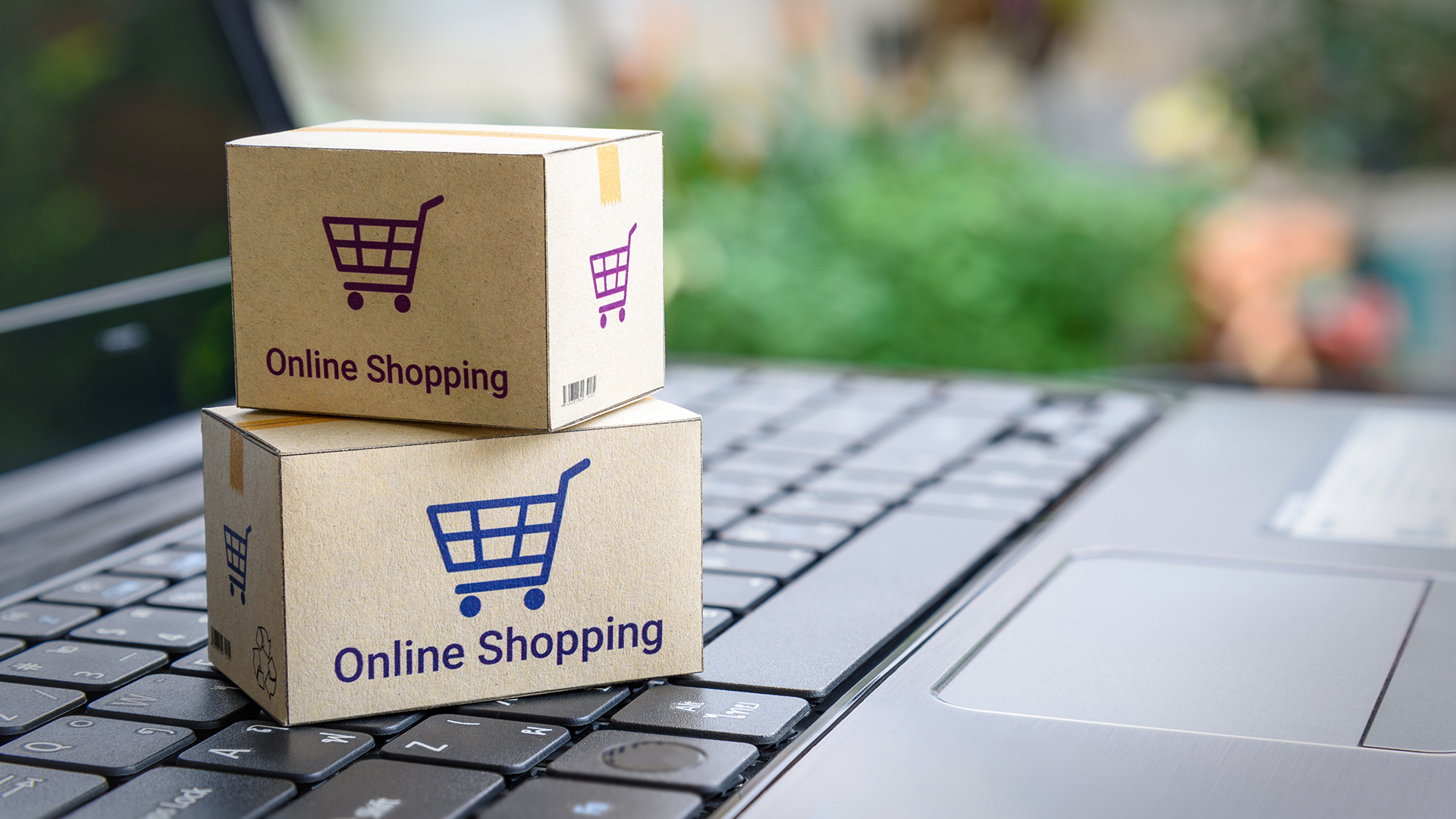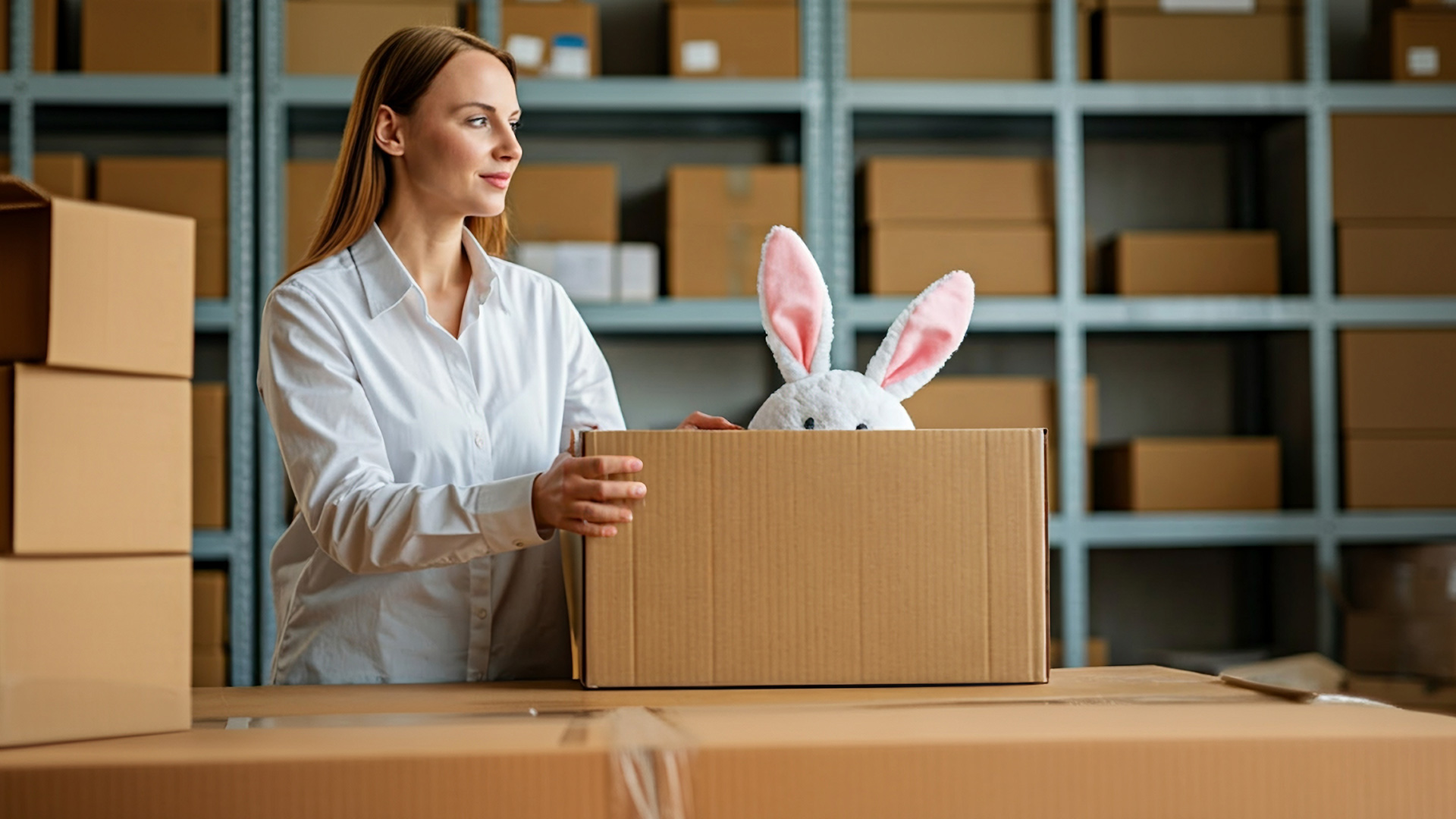Navigating Customs and Border Regulations in Global Logistics
- 19 August 2024
- 6 min to read
- 917 views

Customs and border regulations are critical in global logistics, affecting the movement of goods across international borders. Understanding and complying with these regulations is essential for businesses engaged in global trade. Failure to adhere can lead to costly delays, fines, and even the seizure of goods.
The Importance of Compliance in Global Logistics
For businesses, maintaining compliance ensures that operations run smoothly and that products reach their destinations on time.
Beyond avoiding penalties, compliance also builds trust with partners, customers, and regulatory bodies. When businesses demonstrate a commitment to following customs regulations, they create a reputation for reliability and professionalism. This trust can lead to better relationships with customs authorities, potentially resulting in faster clearance times and fewer inspections. Moreover, customers are more likely to continue doing business with companies that consistently deliver their products.
Investing in compliance is also a strategic advantage in today’s competitive market. As regulations become more complex, businesses that prioritize compliance are better equipped to adapt to changes and mitigate risks. This proactive approach not only protects against potential losses but also positions companies to capitalize on new opportunities in global trade. In short, compliance is not just a legal requirement; it’s a critical component of business success in the global logistics landscape.
Every country has its own set of customs regulations, which can vary widely. These rules dictate what goods can enter or leave a country, how they must be documented, and what duties or taxes apply.
According to the World Bank, it takes an average of 48 hours to clear customs in high-income countries . This statistic highlights the importance of efficient customs processes in minimizing delays.
Key Challenges in Customs and Border Regulations
One of the most significant hurdles is the complexity and variability of regulations across different countries.
Each nation has its own set of rules governing imports and exports, including specific documentation requirements, tariff classifications, and restrictions on certain goods. This complexity is compounded by the frequent updates to regulations, driven by changes in trade agreements, economic policies, and security concerns.
For businesses, staying current with these constantly evolving regulations requires significant resources and expertise, and failure to do so can result in costly delays, fines, or even the loss of goods.
Another key challenge is the unpredictability of customs clearance processes.
Factors such as sudden changes in political or economic conditions, variations in enforcement practices, and differences in the interpretation of regulations can all contribute to delays and additional scrutiny at borders. Even with proper documentation and compliance, shipments may still be subject to unexpected inspections, reclassifications, or disputes over duties and taxes. These uncertainties make it difficult for businesses to plan their logistics operations with precision, leading to potential disruptions in supply chains and increased costs.
Overcoming these challenges requires a combination of robust compliance strategies, effective communication with customs authorities, and the flexibility to adapt to changing conditions in global trade.
Best Practices for Managing Customs Compliance
To ensure smooth customs clearance, businesses should invest in robust compliance programs. This includes staying informed about the latest regulations, using technology to automate documentation, and working with experienced customs brokers. Properly classifying your goods and understanding the applicable tariffs can also help reduce costs and avoid penalties.
By staying informed and adopting best practices, businesses can navigate these challenges and ensure their goods move efficiently across borders.
Need help with customs compliance? Visit Meest International to learn how we can support your global logistics needs.




